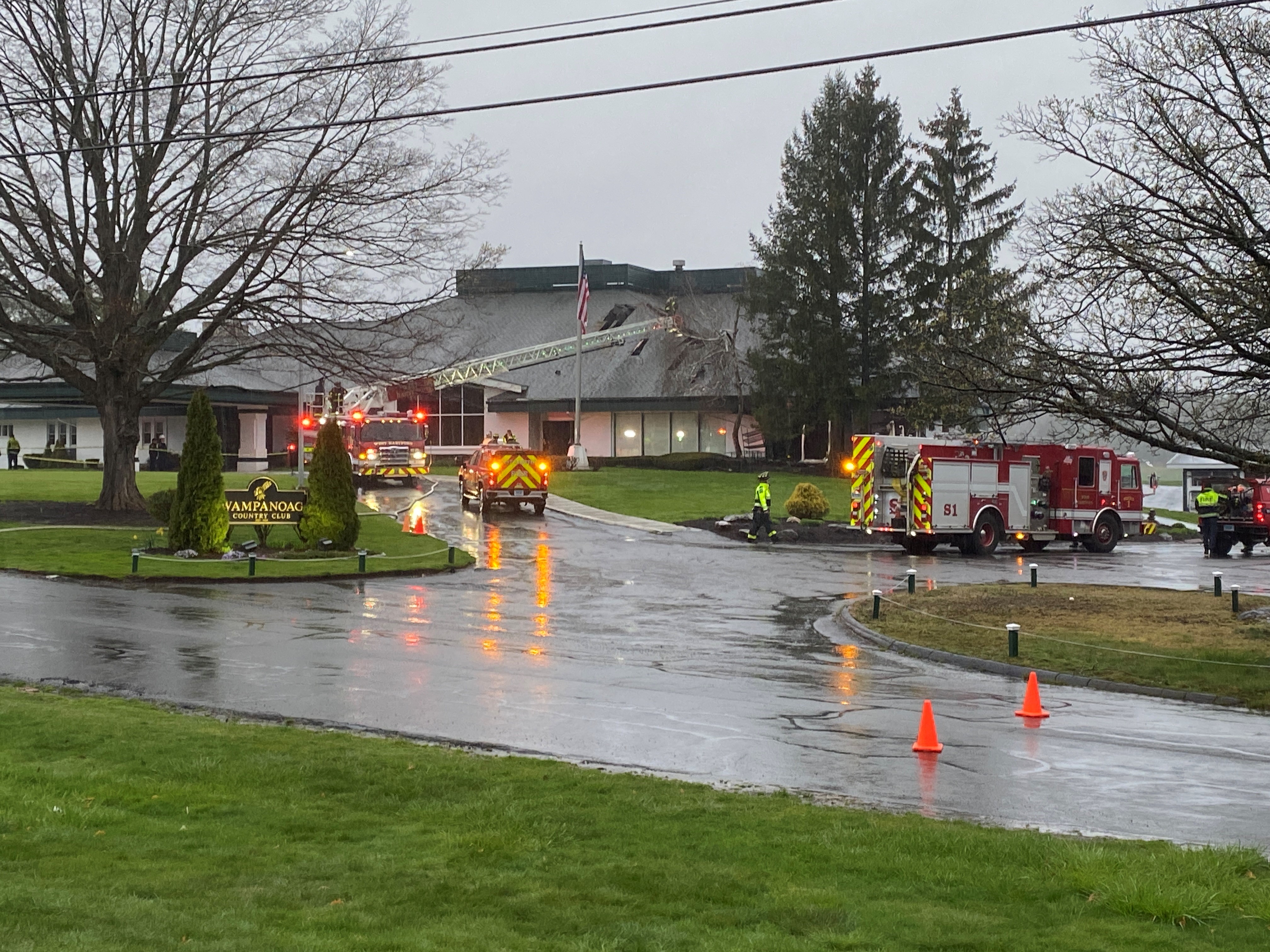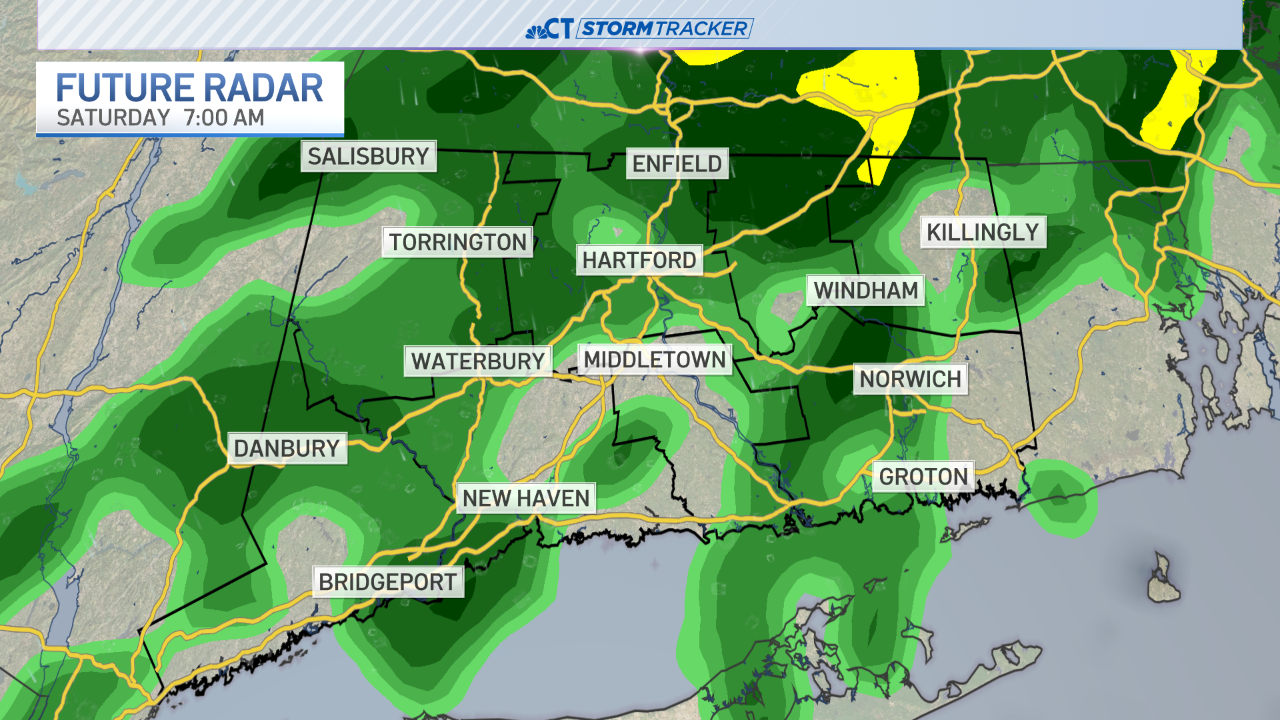With no more eviction moratorium, the rent has finally come due, but for one landlord it may be too late.
“To know I worked my whole life with my kids as a single mom killing myself, putting money into this house into their home into our home and to have the bank repo it...it kills me,” Taylor Walsh told NBC Connecticut.
Walsh rented her Portland home to someone who’s now in default.
“I’m not a professional landlord. I’m just a lady with an extra house,” Walsh said.
Get Connecticut local news, weather forecasts and entertainment stories to your inbox. Sign up for NBC Connecticut newsletters.
Walsh’s tenant, John Jacobsen Jr. and his family will be evicted in a few weeks.
“It’s a great neighborhood. Great place for the kids to go to school,” Jacobsen said.
Jacobsen admits he owes thousands of dollars in rent. He said he stopped paying because he found mold in the bathroom and that he took it upon himself to try and repair the problem.
Local
“Why am I going to pay to live in a house I’m fixing myself and paying, or doing things that would have cost her thousands and thousands of dollars to do?” he said.
Even though Walsh sent someone to fix the mold, Jacobsen didn’t want to let them in because he was nervous about Covid-19.
"She wanted to just call one of her friends to come fix it," Jacobsen said. "I told her I didn't feel comfortable with that."
“The first couple of months I was paying the mortgage and hoping things were going to right itself,” Walsh said.
That didn’t happen so Walsh got the bank to delay collecting the mortgage. That agreement ends on Nov. 1. when the full amount - $23,000 - is due.
“It’s not really fair. You know because I feel like I’ve done all the right things. And...who doesn’t pay their rent?” Walsh said.
Walsh said she helped them apply to Unite CT, the rental assistance program, but they didn’t qualify.
“Said that we made too much based off our last taxes,” Jacobsen said.
Where does that leave Walsh?
“So they didn’t pay their rent. They don’t have to pay their rent. So I’m in this giant pickle,” Walsh said.
Walsh said they did pay a month and a half of rent, but owe her thousands of dollars.
“We do owe a good amount of money for sure,” Jacobsen said.
Walsh was initially torn about keeping the house as a rental.
“Renting it to a lovely family, they were expecting a baby, you know it just seemed like a family should be in the house,” Walsh said.
But now she might not be able to keep it.
“The bank is just going to end up taking it from me because I can’t pay,” Walsh added.
Evictions have been increasing statewide since the end of September.
“Clients who have an eviction on their record, especially during the Covid emergency, cannot find another place to rent,” Erin Kemple, executive director of the Connecticut Fair Housing Center, said.
Evictions in September were their highest since March 2020.
“A lot of landlords have a rule that they will not rent to anyone who has an eviction on their record,” Kemple said.
“No matter whatever your means of living are, I would never wish anybody to be evicted and not have anywhere to go,” Jacobsen said.
Walsh said she could lose the home.
“It wasn’t like a money-making scheme. I know some people do invest in real estate so they can make some money on the side, but it was just paying the bills,” Walsh said.



